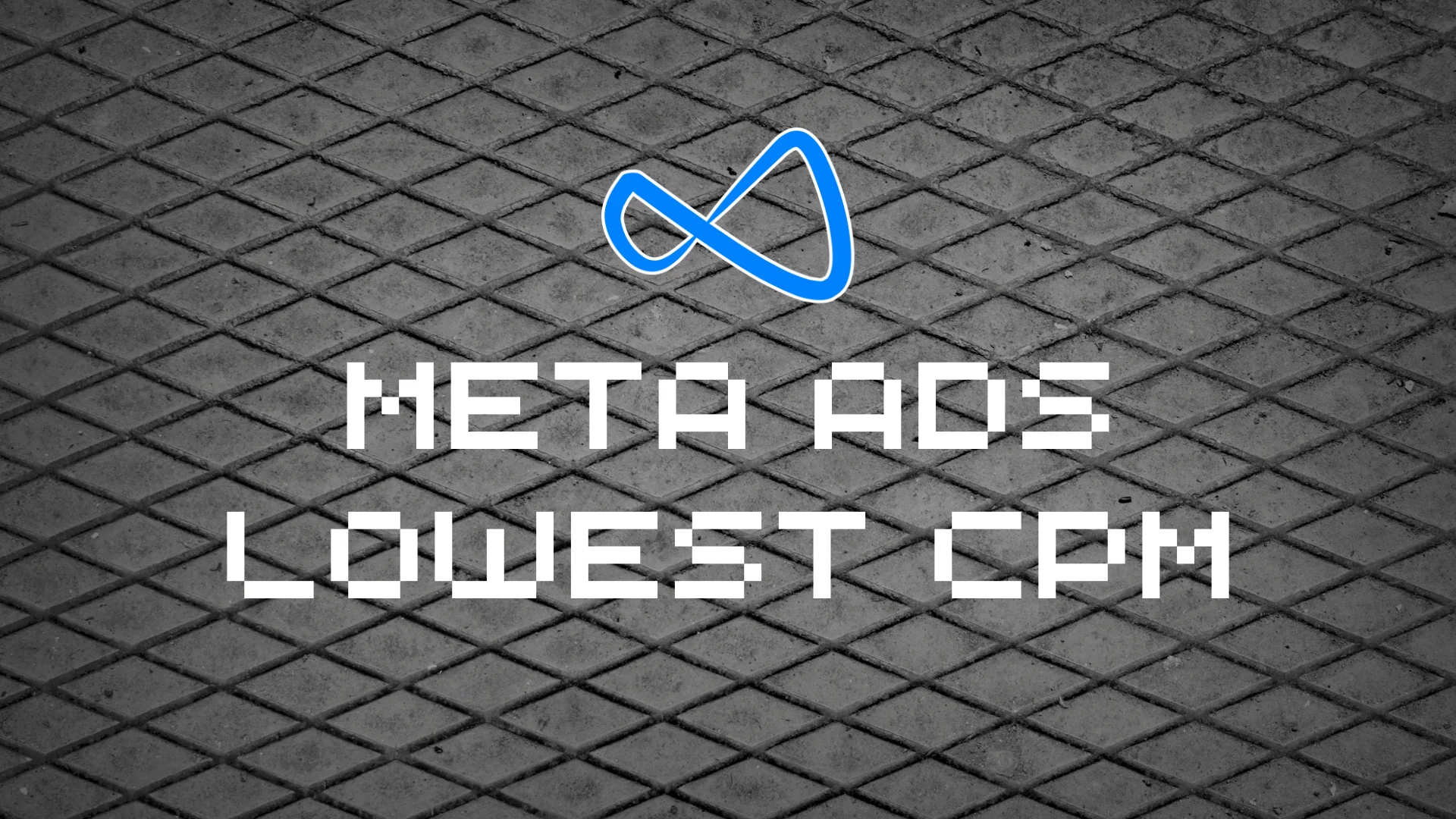You’ve heard it a thousand times before: “Digital marketing is a fast-paced world.” It’s cliche, but it’s true. Producing high quality content, such as articles, videos, emails and social posts takes time and resources, but it’s necessary to reach the right audience with the right message at the right moment. The simple truth is that most businesses either don’t have the internal team required for it or they can’t keep up with the production schedule needed to continue building brand awareness and audience engagement. So how do they manage? One tried and true method is to outsource part or all of your content creation and marketing services to a third-party content creator. According to the Content Marketing Institute (CMI), over half (57%) of all B2B businesses opt for this route — but even then, there are different paths you can take. Your first decision will likely be whether you want to go with a freelancer or a white label agency.
What Is a White Label Digital Marketing Agency?
A freelance writer is self explanatory and you likely know what a marketing agency does, but the term “white label marketing” might be unfamiliar to some. A white label content service is simply when a third-party company creates and delivers marketing materials intended and branded for your business. This might take the form of a ghost-written blog post, an email marketing campaign, social media content. Alternatively, agencies can offer more technical help, such as white label PPC, web design or SEO services. The goal is to produce high quality content that stands out from the crowd but blends in with your brand.
Freelance Content Creator vs. White Label Agency: Which Should You Choose?
When making the decision on a white label provider, companies often start by looking at the costs. In this regard, hiring a freelance content writer is often the more cost-effective option, but that doesn’t make it the right approach for every project. Meanwhile, a digital marketing agency might come with a higher price tag, but you also gain access to a whole team of content marketing experts who specialize in different areas of content creation. Need an SEO business writer? No problem. What about a crew to help with social media management? Agencies have a whole department dedicated to that. Some digital marketing services even include a full overhaul to refresh and revitalize your brand image and content strategy. No matter the project, a white label agency offers an easy, one-stop solution. Word to the wise, though: Some agencies actually resell other companies’ marketing services as their own. Imagine it like this: You’re working with an agency that’s paying another agency to create the work for you. Be wary of these types of arrangements. It’s one thing to have an agency creating content for you. It’s another thing entirely to have an agency that pays another agency to create content for you.
The Benefits of Adopting White Label Content
Whether you choose a freelancer or an agency is up to you, but it’s hard to overlook the benefits that a full range of services and a specialized team delivers. Reduce operational costs: Compared to building out an entire in-house department to handle all of your various marketing needs, a white label provider is far less expensive. Prioritize core business foundations: Without the need to develop a breadth of content yourself, your business can focus more on its core operations and competencies. Scale and accelerate marketing efforts: You can scale your white label service up or down based on demand, offering much needed resource flexibility, especially for small to medium enterprises (SMEs).
Who Is a White Label Service Best Suited For?
Organizations of all sizes use white label marketing services. While small and medium-sized businesses seem like the obvious candidate to rely more on outsourcing content due to limited in-house resources, the data suggests otherwise. In fact, large enterprises use white labeling more frequently due to their larger budgets. As CMI reported in 2020, companies with over 1,000 employees outsource as much as 75% of their content marketing activities, while those with smaller workforces ranged from 37% to 54%. Of course, regardless of size, easing the strain on your current marketing team with white label services sounds great — but is it right for you? Before you make up your mind … STOP! And Consider This:
1. Assess Your Current Content Needs
Before enlisting the help of a white label marketing agency, it’s crucial to fully understand your current content needs. Start by identifying the types of content that drive the most engagement for your brand. Think about how frequently you’ll need to publish each type of content — whether it’s daily social media posts or a weekly blog or email — to meet marketing goals and keep your audience engaged. Then, start considering the scope of your campaigns — are there any upcoming updates that might require specific content?
2. Evaluate Your Internal Capabilities
Once you have an idea of the content you need on a consistent basis, assess your current capabilities and determine whether they can meet the demand. Does your staff have the skills and expertise to create the quality and volume of content you need to compete in the marketplace? Are there any gaps in their abilities? Evaluating these factors can help you decide if it’s better to hire a freelancer or full-time employee to plug a small hole or a digital agency with a wide breadth of experience and capabilities.
3. Analyze Your Marketing Budget
Last but not least, you’ll need to evaluate your marketing budget to decide how to allocate resources. Review your current spending on marketing and content creation, then compare the costs of maintaining in-house operations versus outsourcing services. Keep in mind not only the direct costs involved — like salaries and service fees — but also the indirect expenses, such as training, software and technology. A detailed budget analysis can help reveal whether outsourcing can truly provide a better ROI and how it can free up more resources for your business.
How To Integrate White Label Content Into Your Marketing Strategy
Have you made up your mind? Does a white label service sound right for you? Then here are 6 steps for integrating seamlessly with an agency:
1. Review Your Current Strategy and Objectives
Before you get started with your white label provider, you’ll want to take a thorough look at your existing marketing strategy. What are your primary goals? Are you looking to boost brand awareness or enhance customer engagement? Understanding these objectives will guide your decisions as you integrate with your agency partner, aligning content seamlessly with the rest of your marketing efforts.
2. Choose the Right Content Provider
Picking the right partner is crucial. Look for a digital marketing agency whose capabilities match your content needs and whose portfolio resonates with your brand’s tone and quality standards. At the same time, keep an open mind and consider their expertise in the industry. A good fit will feel like an extension of your team, helping you innovate and adapt your content strategy to changing market conditions.
3. Customize Content To Fit Your Brand
Once you’ve chosen your provider, the next step is to make sure they know your brand. Work closely with them to fine-tune the content they produce to fit your brand’s voice and ethos. Be sure to provide clear guidelines and feedback about your audience, brand style and the message you want to convey. This will help maintain consistency across all your branded content.
4. Create a Calendar To Keep Track of It All
Organization is key to any smooth operation, but especially when outsourcing. Develop a detailed content calendar that outlines what is needed, when it’s due and when it should be published. This will keep both your team and your agency partner on track, ensuring timely delivery while preventing content gaps or overlaps.
5. Maintain Quality Control
As content starts coming in, set up a system for regular reviews and quality assurance checks with your white label provider. Even the best minds in content marketing can veer off course without correction, so it’s critical to maintain a keen eye and high standards. Regular feedback and constructive criticism are essential, not only so the content meets your expectations, but also so it resonates with your audience and achieves your…























